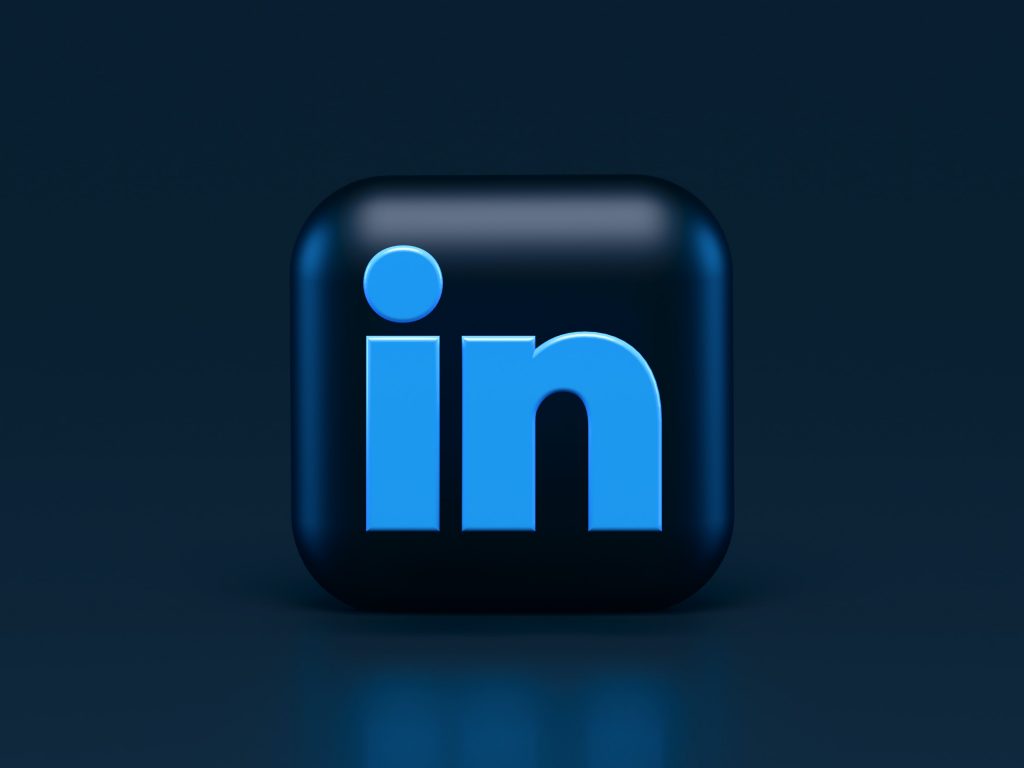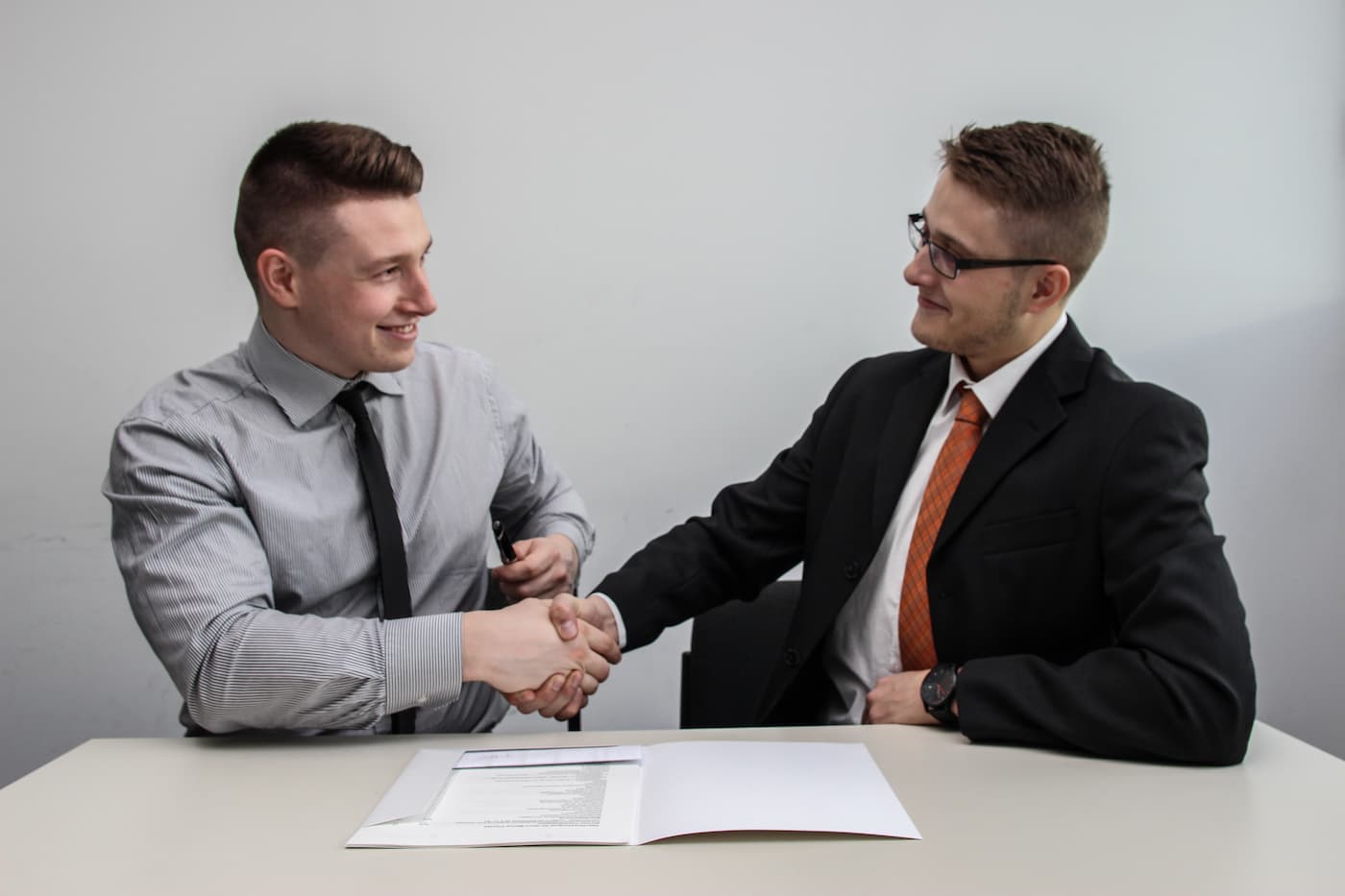
- admin
- December 11, 2013
- 4:51 am
Humility and the Art of Representing Yourself on LinkedIn
Are you an innovator? A thought leader? An expert? An adviser? Are you offering something revolutionary? If so, one adjective you should remove from your profile is “unique.” You simply have too much company to qualify as original.
On LinkedIn – arguably the world’s largest professional social network – the following numbers of individuals [directly or via vetted endorsers] refer to themselves as:
- “revolutionary” – 53,400
- “evangelists” – 59,700
- “thought leaders” – 102,000
- “visionaries” – 173,500
- “pioneers” – 202,000
- “advisers” – 429,500
- “innovative” – 1.7 million
- “experts” – a whopping 2.3 million
But, wait, only about 3,000 use the word “jerk” in their profile and only 1,500 folks use the word “arrogant.” The math simply does not add up!
Computational snarky-ness aside, the key question is: When did it become OK and less-than-embarrassing to brag so egregiously about oneself?
What has happened to simplicity, modesty and quiet confidence?
Humbly Successful Networkers
At Quickskill, we work with an amazing sample of hard-charging executives. I love our work with them, and I have great respect for their accomplishments. Here are some general observations that are worth considering, so as to avoid descending into misguided, arrogant self-profiling as you network your way through LinkedIn.
- Everyone feels busy, but blaming busyness for non-responsiveness will alienate those to whom you most want to ingratiate yourself
- The busiest people are actually calm, polite and quick to reply
- The most successful people talk about it the least
- The most innovative people show it instead of talk about it
- Expertise and enthusiasm shine through and don’t need to be self-described
- Same thing for any form of leadership
- Same thing for thankfulness
- The truly innovative are too paranoid about their ability to stay current to ever be content in their “innovativeness”
- The depth of a person’s friendships are often directly disproportional to how often they refer to someone as “a friend of mine”
- People very widely liked are very often not deeply liked. It is simply not possible to be sufficiently intimate with too many people
- A person’s sense of accomplishment in life is directly disproportional to how often they refer to their credentials, especially to their academic credentials
The Science Behind Your LinkedIn Persona
Every one of the thousands of profiles that trumpet their expertise or visionary credentials represents an adult who has lost out on some basic childhood lessons about gratitude and humility. That so many people have lost their way is perhaps, why some of the most highly credentialed among us find it helpful to be reminded of happiness basics – the clichés like giving being better than receiving – from folks like Gretchen Rubin and David Steindl-Rast.
There seems to be something about our hyper-connected lives that forces many of us to try masking insecurity, dissatisfaction or disappointment with outward arrogance in our social media personas.
The happiest and most content are, in fact, those thankful souls who feel grateful for every next breath they take. They project gratitude for having others in their presence instead of working hard to present themselves as a gift to be appreciated.
So to the 4.9 million folks on LinkedIn who are self-described revolutionaries, evangelists, thought leaders, advisors, innovators, and experts, visionaries or pioneers, I humbly recommend humility. The real experts and their data suggest that, your friends, your families, your colleagues and, most importantly, you will all be happier for it.
Save 55 Hours Every Month With a virtual Assistant
Categorized
Posts you might also like...

6 Leadership Quotes on Delegation to Inspire You to Greatness
February 5, 2023

How a Delegative Leadership Style Improves Team Success
February 5, 2023

How to Use MOCHA to Delegate Effectively
February 5, 2023

